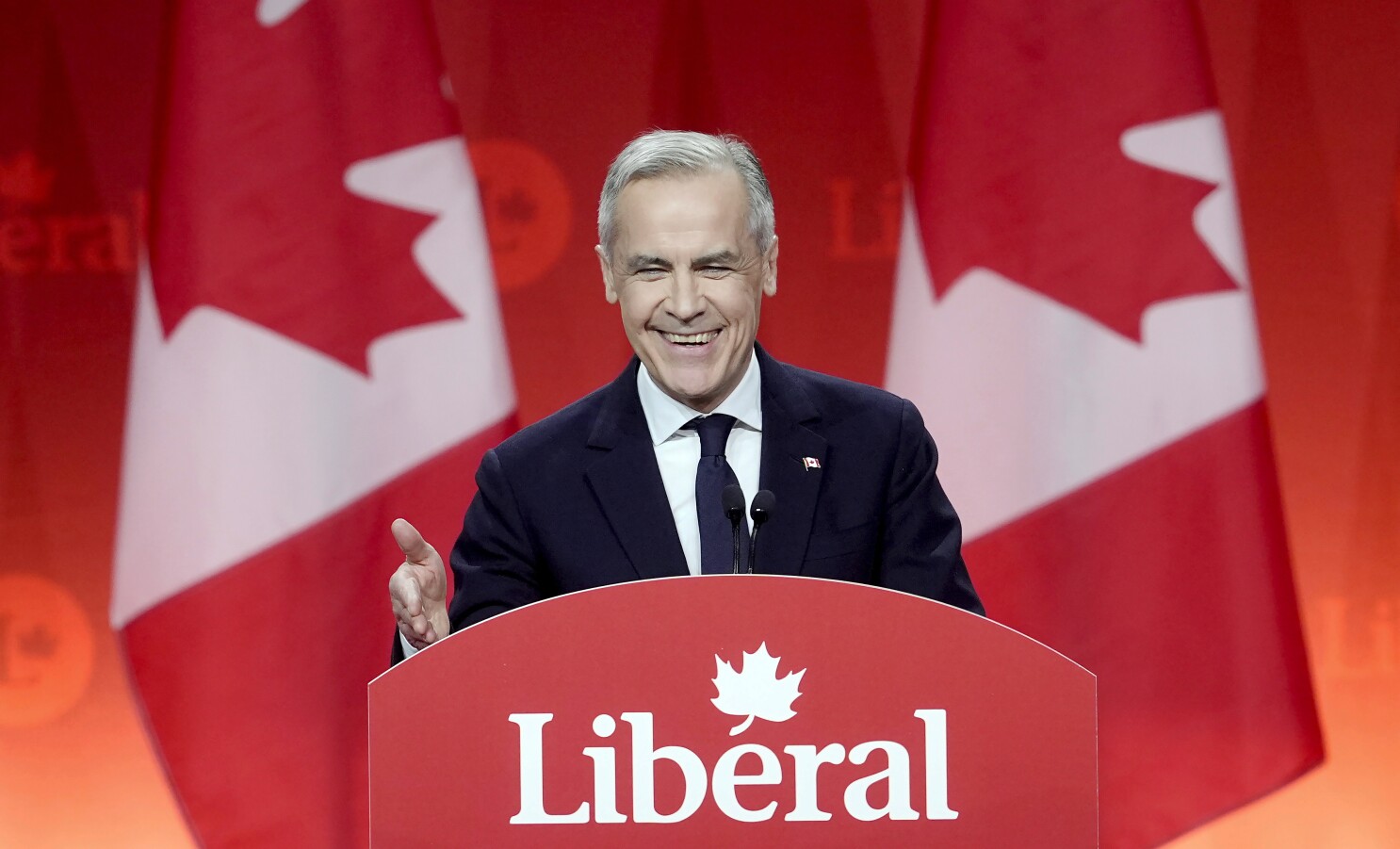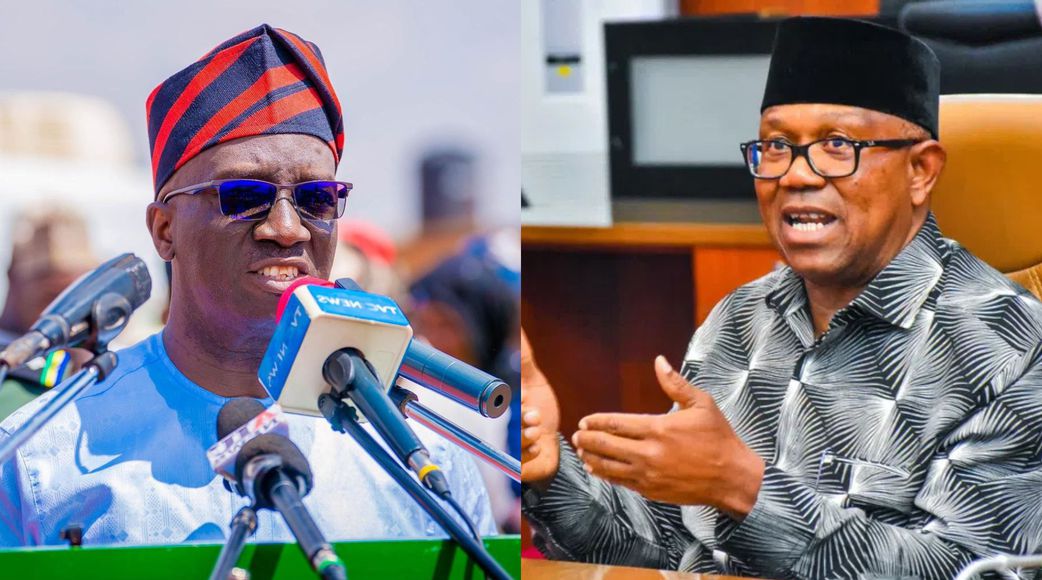Canada’s incoming prime minister, Mark Carney, has taken a defiant stance against the United States, vowing to resist U.S. President Donald Trump’s trade policies. Addressing supporters in Ottawa on Sunday, the former central banker declared his commitment to protecting “the Canadian way of life” after securing an overwhelming victory in the Liberal Party leadership race.
“We didn’t ask for this fight. But Canadians are always ready when someone else drops the gloves,” Carney told an enthusiastic crowd. “So the Americans should make no mistake—in trade, as in hockey, Canada will win.”
Carney, 59, is set to replace outgoing Prime Minister Justin Trudeau in the coming days. However, his tenure may be short-lived, as Canada must hold elections by October, with the possibility of a snap poll in the coming weeks. Current polling suggests a tight race, with the opposition Conservative Party holding a slight edge.
‘Existential Challenge’
In his victory speech, Carney accused the Trump administration of seeking control over Canada’s resources, warning of a deteriorating relationship between the two nations.
“The Americans want our resources, our water, our land, our country,” he said. “These are dark days, dark days brought on by a country we can no longer trust.”
Carney also criticized Trump’s trade policies, accusing him of targeting Canadian workers and businesses. “We cannot let him succeed. We are all being called to stand up for each other and for the Canadian way of life,” he added.
Carney’s decisive win in the Liberal leadership contest saw him claim 85.9% of the nearly 152,000 votes cast, easily defeating his main challenger, former Deputy Prime Minister Chrystia Freeland, who received just 8%. His campaign focused heavily on countering Trump’s economic influence and defending Canada’s trade interests.
Trump has repeatedly disrupted U.S.-Canada trade relations, implementing unpredictable tariffs and even making controversial statements about annexing Canada. The uncertainty has rattled Canada’s economy, making trade policy a central issue in the country’s upcoming elections.
Delivering his farewell address, Trudeau echoed Carney’s concerns. “Canadians face an existential challenge from our neighbor,” he said, signaling strong party unity behind Carney’s leadership.
Contending with Trump and the Conservatives
Carney’s leadership victory has energized Liberal supporters. “The party has the wind in its sails,” said party loyalist Cory Stevenson. “We chose the person who could best face off against [Conservative leader] Pierre Poilievre in the next election and stand up to Donald Trump.”
Carney has positioned himself as an experienced crisis manager, citing his leadership at the Bank of Canada during the 2008 financial crisis and at the Bank of England following the 2016 Brexit referendum. His supporters argue this experience makes him the strongest candidate to handle Trump’s aggressive trade policies.
Recent polling by Angus Reid suggests that 43% of Canadians view Carney as the most capable leader to handle Trump, compared to 34% who favor Poilievre.
The Liberals, once on the verge of electoral collapse, have seen a resurgence in support following Trudeau’s resignation announcement in January. The combination of Carney’s leadership and Trump’s controversial trade measures has tightened the race significantly.
“We were written off four months ago, and now we’re right back where we should be,” said former MP Frank Baylis, who also ran in the leadership contest.
Unproven but Unwavering
Despite his strong economic credentials, Carney’s lack of political experience remains a key concern. A former Goldman Sachs investment banker, he transitioned into public service as a central banker but has never held elected office. Since leaving the Bank of England in 2020, he has worked as a United Nations climate envoy and held private sector roles.
Political analysts warn that Carney’s inexperience could be a vulnerability in a high-stakes election battle against the well-established Conservative Party, which has already launched attack ads questioning his consistency and credibility.
“It is absolutely a risk. He is unproven in the crucible of an election,” said Cameron Anderson, a political scientist at Ontario’s Western University.
However, Anderson noted that Carney’s firm stance against Trump resonates with many Canadians. “The average Canadian sees this as an existential issue, and they want a leader who will stand up to Trump.”
With an election looming, Carney’s ability to translate his economic expertise into political success will be put to the test in the coming weeks.












